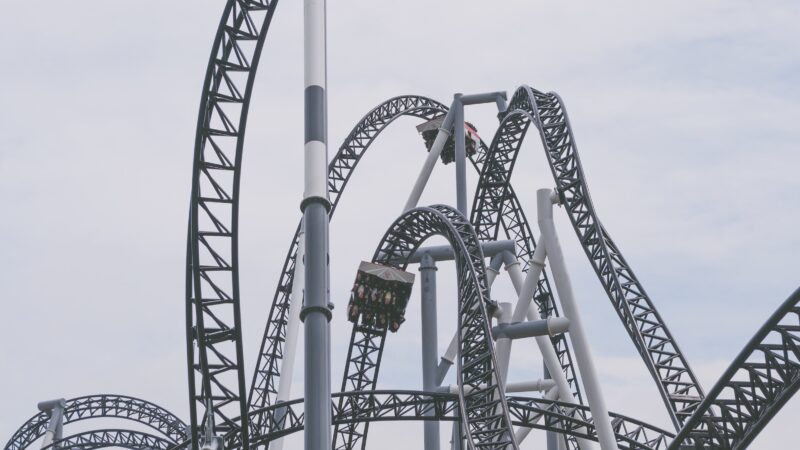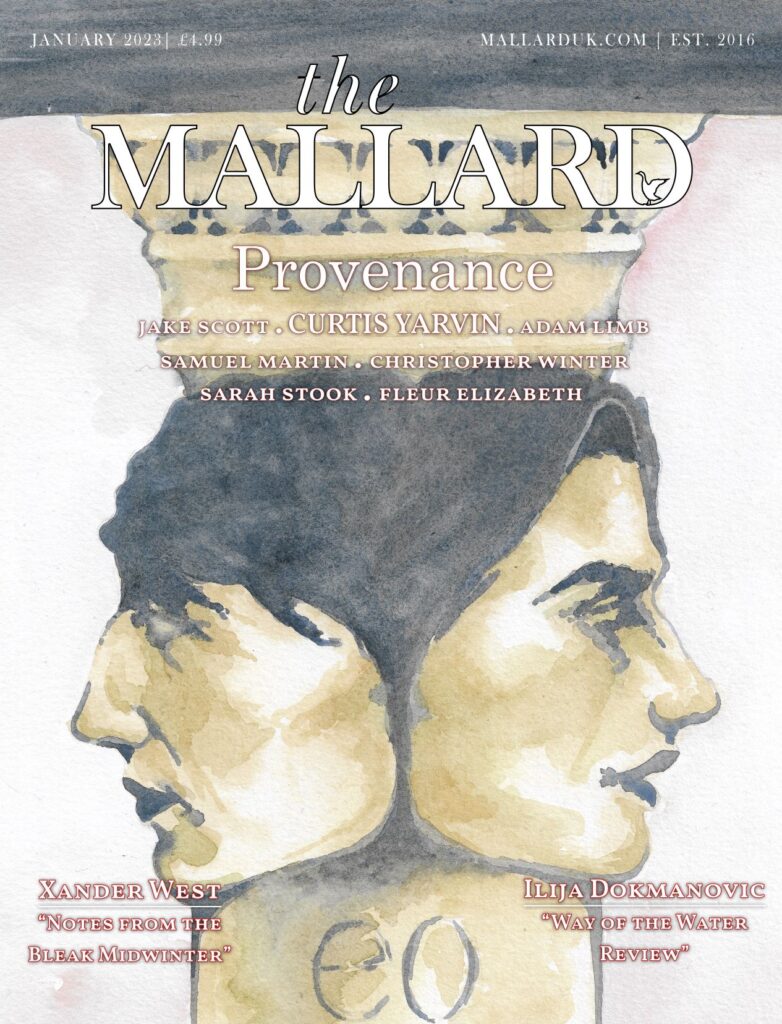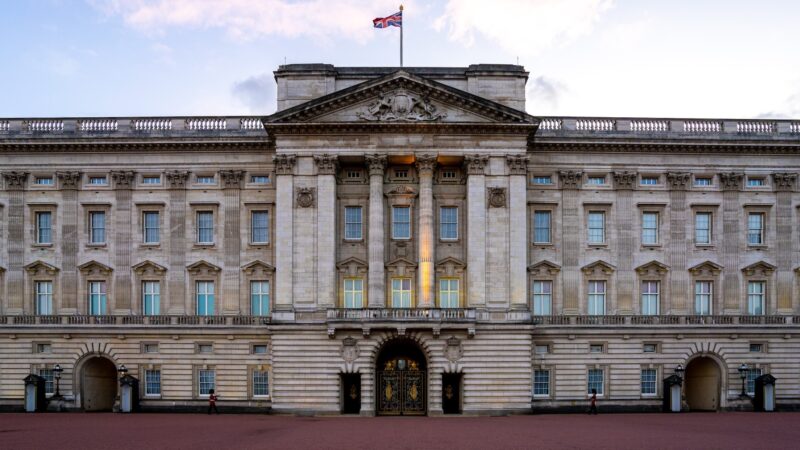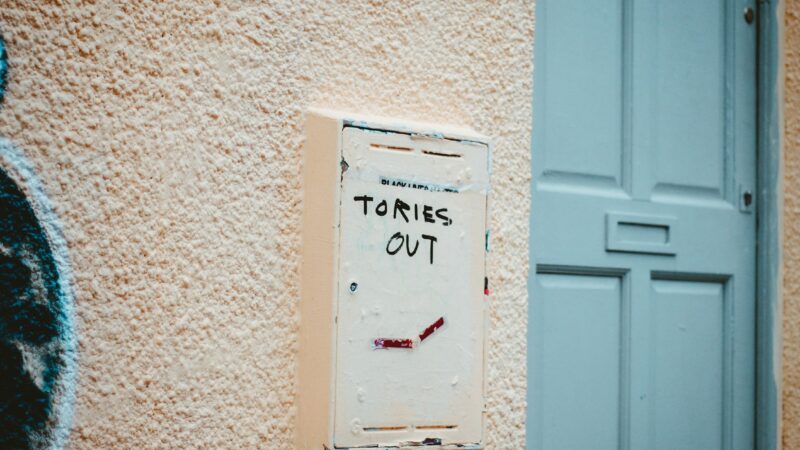A recent article written by the YouTuber Britmonkey (Mike Bevan) discusses the case in favour of increasing the number of refugees. I would like to preface this response by saying that his article is clearly well researched, sourced, and written. I find myself somewhat sympathetic to his line of arguments, but at the same time completely opposed to his conclusions and recommendations. In the current scenario we face as a nation, it is a wholly pragmatic and reasonable opinion to be against the idea of increasing the numbers of refugees taken into Great Britain. In this article, I would like to go through his arguments and make the case as to why I, and so many others, would disagree with him; my article is written in good faith, and I look forward to his reply (if he chooses to make one).
Britmonkey’s opening remarks around clarifying what he means by a refugee come across as extraordinarily reasonable when compared to most pro-refugee pundits. It is true that many of the people claiming asylum in Britain are not genuine refugees, but instead are economic migrants. The fact of the matter is, however, that the British state continues to treat these people as refugees. Despite the bluster and talk of the ‘tough on crime’ Tories, virtually none of those entering this country illegally are deported home – those who are, are done so at vast expense to the taxpayer. Despite this, the British pro-refugee charity cabal still continues to act as though the Royal Navy is going out into the channel and sinking boats by the dozen, whilst the home secretary dines on the flesh of those who managed to slip past a fictional iron barrier to Great Britain. My question to Britmonkey is this, if we are to take people on face value, how on earth are we supposed to determine who is and isn’t a genuine refugee? If we are to start a process of filtering the two groups, who will be allowed to determine who is and isn’t a genuine refugee? (A task which the current British state seems woefully incompetent at, at the current time) and what qualities will be used to determine who is and isn’t legitimate?
Britmonkey goes on to argue that we should be seeking to allow considerably more people from Hong Kong, Ukraine, Iran etc to gain access to Britain. Clarifying that he himself understands handing out 21 million visas to all the stateless peoples of the world would be insane and impossible, he does not deliberate on what exactly the number should be. The government allowed in 89,000 Ukrainians, 21,000 Afghans, and 76,000 HK residents last year (and have handed out close to 150,000 BNO visas total for HK citizens). We have therefore already taken in 186,000 refugees last year at a minimum and could potentially be taking close to another 80,000 more if all BNO visa holders decided to make the move. This is an eye watering number and blows the 4,000 French refugee figure of 1792 he cited out of the water. Coupled with the fact that current migration to Britain last year hit half a million – this is already almost completely unsustainable, how does he expect us to take in more?
Britmonkey goes on to discuss Britain’s immigration policy in the Victorian era and points out that there were no immigration restrictions at all at that time – this is certainly true, but what he does not mention, however, is that immigration to Britain between 1800 to 1945 (a 145-year period) was just shy of 2.4 million, an average of a measly 16,500 a year. As mentioned previously, Britain took in half a million people last year alone, how can he claim it is fair to equate those two groups? It is totally unreasonable, therefore, to use this line of argument. The world is more connected than ever, and whilst those borders were open, the Victorians did not have the technological ability to bring in the scale we do now. I wonder if the British public in the 1800’s would have been as willing to keep their country borderless if they had access to jet planes, huge passenger ships, and a large tunnel running under the English Channel? I doubt they would.
The article continues with an appeal to British right wingers who have delusions of contemporary British prestige. Britmonkey states that Victorian was so committed to free asylum, that they were willing to cause international incidents to maintain it. Much as I lament to be reminded of it, Britain is not in the same position as it was in the 1800’s. We are not the most powerful nation on earth anymore, we do not have fleets of ironclad greyhounds patrolling the high seas. We have a failing service economy and a second-class Navy (and armed forces in general) that would struggle to function without the support of NATO. Britain should be bold on the world stage, but we should also accept the fact that we are not in a position to bully or blindside foreign powers anymore for the sake of refugees – as Britmonkey suggests we are.
The author then goes on to contradict himself. He seems almost happy that the ‘noble’ anarchist refugees that we took in in the 1850s were convicted of planning a terror attack against the French government (justifying it by saying that British politicians at the time were okay with it because it harmed France), and then goes on to say that he is not suggesting we do the same today – explaining that we should instead use these examples to forge a new policy on what a political refugee is. This is a hypocrisy. Either Britain was wrong to take in anarchist terrorists in the 1850s, or it is right that we take in potential terrorists today. He seems unbothered to apply Victorian logic when it suits the argument, but refuses to again when it might hinder it.
Britmonkey talks briefly about how we are helping to hinder the efforts of anti-western powers by taking in their dissidents and allowing them to continue their activism campaigns. I do not believe that this is true. Firstly, the news cycle and the public zeitgeist are much faster now than in the 1800’s, we talk about issues for days instead of decades now. Unfortunately for those poor and threatened people of Hong Kong, most of the world has either forgotten about their plight or simply doesn’t care anymore – despite the efforts of their active dissidents abroad online. Secondly, I would argue that taking in the most threatened dissidents hinders any attempt at resistance. Much in the same way that evaporation has a cooling effect on water by removing its hottest and most energetic molecules first, allowing exiles to leave freely seems to only cool down dissent and remove the troublemakers – essentially pulling the thorn out of the tyrannical despot’s side for them. This is of course conjecture, but perhaps the reason we no longer see much dissent in HK and other places like it is because a lot of their most vociferous activists have left?
In regard to crime, I hope that his statistics on low crime levels in Germany post the 2014 refugee crisis are true. I would argue that Germany is an exceptional case example, given the high levels of historic Turkish immigration to Germany have left them to more easily to accommodate Islamic immigrants (again, I appreciate that this is merely conjecture on my part so take that with a pinch of salt and remember that I hope he is correct). In comparison, I could also just as easily point to Sweden, which has seen a dramatic increase in homicides since 2011 (from 81 in 2011 to 113 in 2021).
I think Britmonkey handles the next section of his argument well. He recognises the fact that, throughout most of history, the exiles and refugees who came to Britain were of western European decent and would not struggle as much to integrate into British culture. The English, French, and German languages all come from similar roots, Western Europeans are generally Catholic or Protestant, and (so as not to be a coward and dodge the elephant in the room) all of these people are Northern European Caucasians and look very similar. With the exception of Ukrainians, the same cannot be said of most of the modern refugees that he talks about. I am not using this as an excuse for those who seek to attack people based on their race, I am merely pointing out that peoples of remarkably different backgrounds do often struggle to integrate without direct intervention. This is a trope that been seen throughout all of history.
In terms of his next point that the average refugee stays for less than 10 years, I have no quarrel with this statistic. All I would say, however, is that that same article he cites in his article also concedes that the numbers on this statistic change every year. We also have not yet had time to adjust the numbers to better reflect the current type of refugee that comes here. Indeed, it is very likely that the vast majority of Ukrainians will return to Ukraine once the war is ended, but it would be foolish to apply the same logic to those from Hong Kong and Afghanistan (unless Xi Jinping succumbs to a mysterious change of heart (or death); or the Taliban simply decides to ‘give in’ to the protestors respectively (both seemingly very unlikely scenarios within the next 10 years)).
In conclusion, whilst I appreciate that Britmonkey is not advocating that we let the world in, and he is not falsely equating economic migrants with genuine refugees, I still think that his argument is flawed. Whilst I strongly agree with his view that we should attempt to be altruistic and remain a beacon of liberty in the world, I think it is unpragmatic to assert that we have the state capacity or ability to take in more refugees than we currently do. We are no longer the wealthiest country on the planet, we can’t even build enough new houses to match our own population growth (quick sidenote, the Town and Country Planning Act 1947 should be abolished), and we already do take in a considerable number of genuine political refugees every single year.
I hope that Mike Bevan will read this article, and I sincerely look forward to his reply if he chooses to make one.




